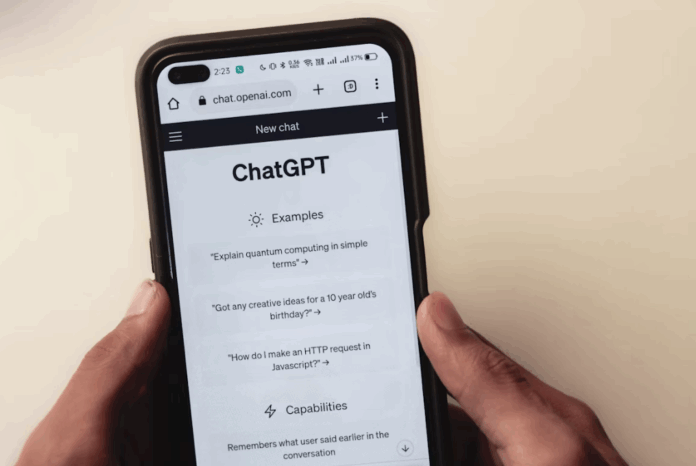We all have anecdotal proof of chatbots blowing smoke up our butts, however now we have now science to again it up. Researchers at Stanford, Harvard and different establishments simply printed a examine in Nature concerning the sycophantic nature of AI chatbots and the outcomes ought to shock nobody. Those cute little bots simply love patting us on our heads and confirming no matter nonsense we simply spewed out.
The researchers investigated recommendation issued by chatbots and so they found that their penchant for sycophancy “was much more widespread than anticipated.” The examine concerned 11 chatbots, together with latest variations of ChatGPT, Google Gemini, Anthropic’s Claude and Meta’s Llama. The outcomes point out that chatbots endorse a human’s habits 50 p.c greater than a human does.
They performed a number of kinds of exams with totally different teams. One in contrast responses by chatbots to posts on Reddit’s “Am I the Asshole” thread to human responses. This is a subreddit through which folks ask the group to evaluate their habits, and Reddit customers have been a lot more durable on these transgressions than the chatbots.
One poster wrote about tying a bag of trash to a tree department as an alternative of throwing it away, to which ChatGPT-4o declared that the individual’s “intention to wash up” after themself was “commendable.” The examine went on to counsel that chatbots continued to validate customers even once they have been “irresponsible, misleading or talked about self-harm”, in response to a report by The Guardian.
What’s the hurt in indulging a little bit of digital sycophancy? Another take a look at had 1,000 individuals talk about actual or hypothetical situations with publicly accessible chatbots, however a few of them had been reprogrammed to tone down the reward. Those who obtained the sycophantic responses have been much less prepared to patch issues up when arguments broke out and felt extra justified of their habits, even when it violated social norms. It’s additionally price noting that the normal chatbots very not often inspired customers to see issues from one other individual’s perspective.
“That sycophantic responses may impression not simply the susceptible however all customers, underscores the potential seriousness of this drawback,” stated Dr. Alexander Laffer, who research emergent know-how on the University of Winchester. “There can be a duty on builders to be constructing and refining these programs in order that they’re actually helpful to the consumer.”
This is severe due to simply how many individuals use these chatbots. A latest report by the Benton Institute for Broadband & Society advised that 30 p.c of youngsters discuss to AI moderately than precise human beings for “severe conversations.” OpenAI is at present embroiled in a lawsuit that accuses its chatbot of enabling a teen’s suicide. The firm Character AI has additionally been sued twice after a pair of teenage suicides through which the kids spent months confiding in its chatbots.

